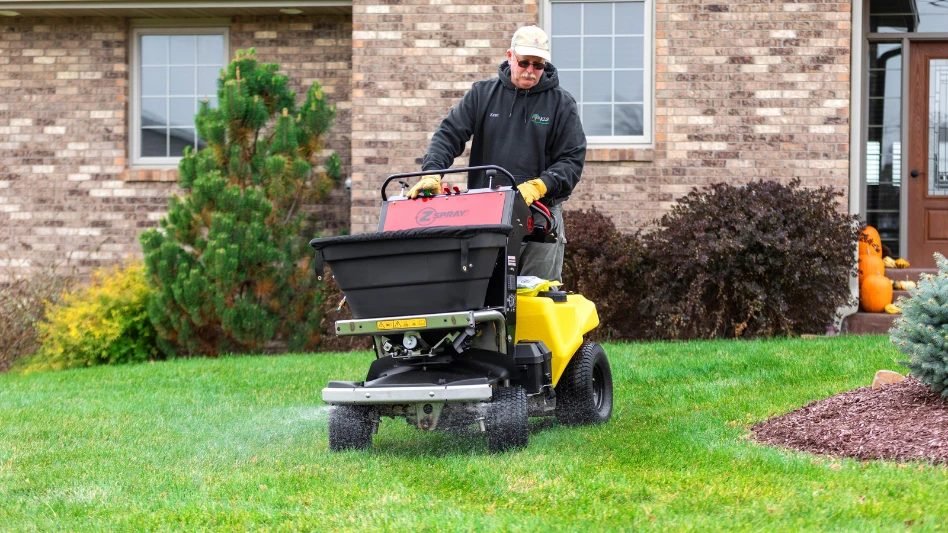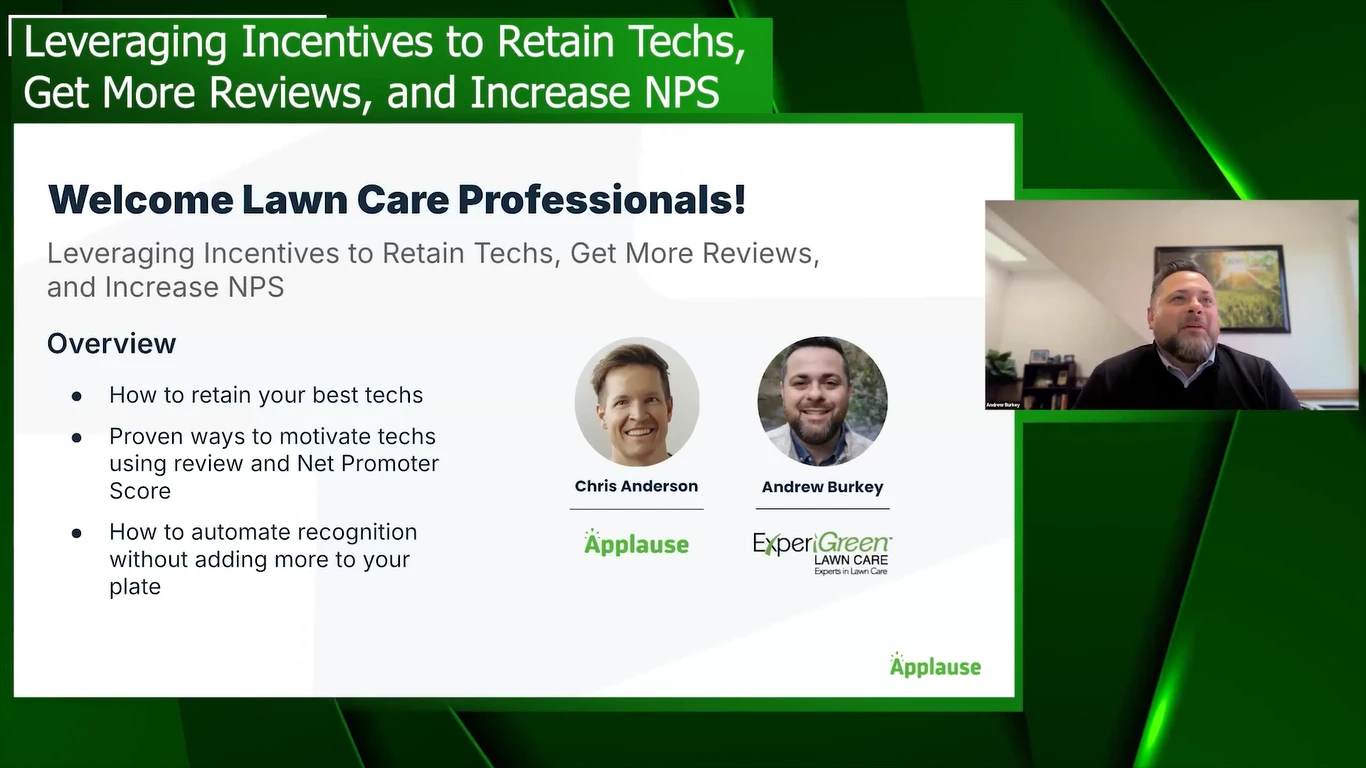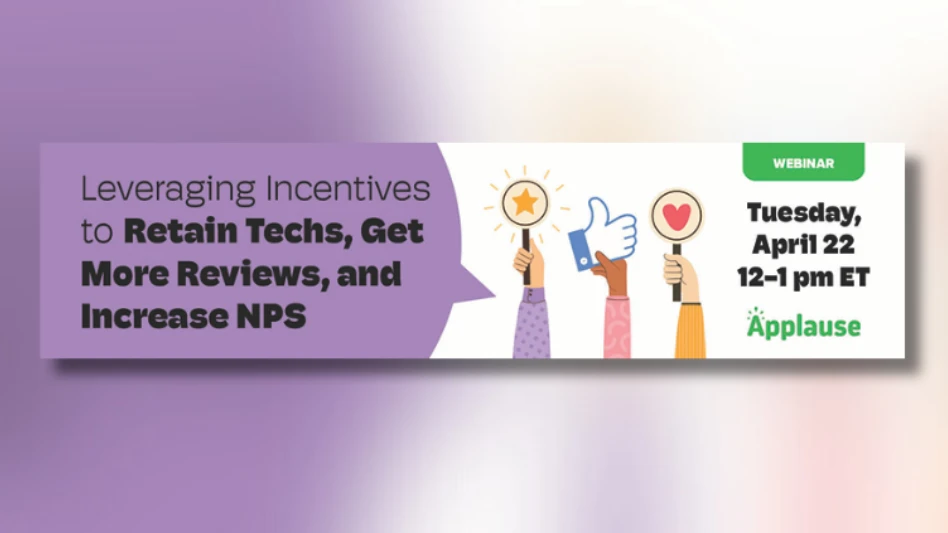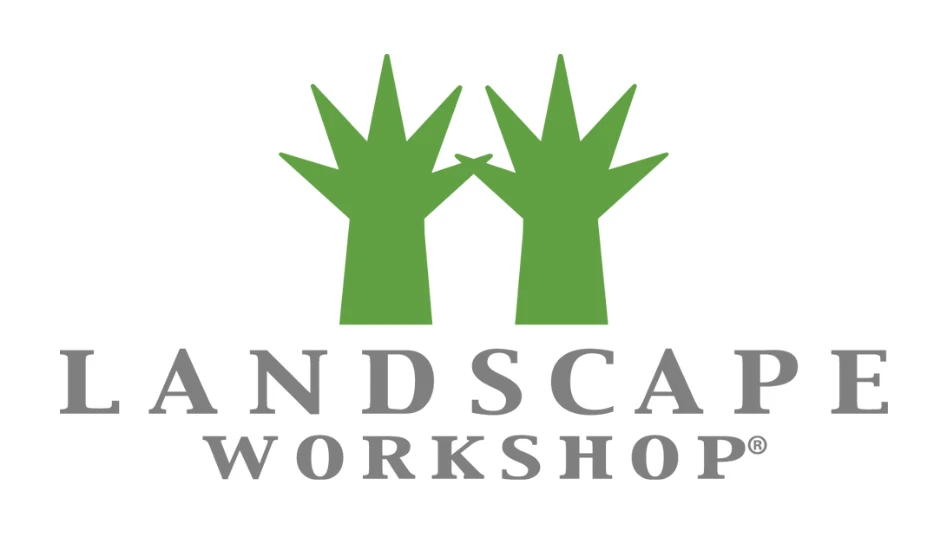
No one can predict exactly what the future holds, but during the culminating presentation at the inaugural Bruce Wilson & Company Thought Leaders Retreat held recently in Hilton Head, South Carolina, panelists forecasted what they feel is ahead for the green industry.
The “Crystal Ball Panel” featured John Spence, renowned author and speaker; Mark Adamson, of Douglas Dynamics; Jim McCutcheon, of Highgrove Partners; and Michael Mayberry of Level Green Landscaping.
The panelists said technology, specifically robotics and automated intelligence, will be disrupters for the industry but could have a positive impact if embraced.
“It’s about who will figure out how to use them the best and the quickest,” Mayberry said. “It’s very new and it’s going to change the labor market we have and put some interesting pressures on everyone. I think that if you are slow to react, it’s going to be a disruption.”
When it comes to long-term planning for an unpredictable future, collaboration is key. The panel suggested prioritizing advising committees and similar groups.
Spence said mentorship is also extremely important, especially reverse mentoring where a younger, new employee is mentoring the CEO or another main figure in the company.
“The newest person on your staff mentors your CEO,” Spence said. “Not only are you sharing a mentor from the older person down, but the younger person is mentoring them on, ‘this is what my generation looks at, this is why we’re here and this is what’s working.’ They become a really good source for keeping your finger on the pulse of your young workers.”
COVID-19 exacerbated an already large labor problem within the green industry. Now, with more unemployment benefits available, what can companies do to attract and incentivize new workers?
“That’s where culture will become more prevalent than anything,” McCutcheon said. “I think that’s going to continue to be a really important thing to drive.”
The panel said companies should also take advantage of outsourcing for everything from website design, branding and 3D imaging and more.
“Now, the world is your talent pool,” Spence said. “You can outsource these things to anywhere in the world at about a third of the price you’d pay in the United States, and the work is just as good quality.”
Attendees shared with the panel that it is becoming increasingly more difficult to build relationships with clients due to COVID and also the use of technology. They asked the panel how they can effectively establish those relationships when clients are more interested in getting an email from them as opposed to meeting for a site visit.
“I think it all comes down to communication,” Mayberry said. “If you can communicate what’s happening so they feel confident the work is being done without having to go out there, that’s all they are looking for.”
Mayberry adds that this new way of purchasing services isn’t just akin to the green industry. People are buying cars, groceries and numerous other things online without interacting with anyone.
“To try and really hold on to that without any willingness to adapt or change is detrimental,” he said of insisting on in-person communication.
Overall, the panel admitted the green industry is slow to adapt to change, but by embracing technology and other new innovations companies can set themselves up for success.
“You can do this one of two ways,” Adamson said. “You can choose to be a leader, or you can choose to be a fast follower. It’s all about strategy.”
Latest from Lawn & Landscape
- Retargeting Ads – A Secret Weapon for Growing Your Lawn Care Business
- Leading a growing company
- Project EverGreen launches Clean Air Calculator
- Rain Bird acquires smart lawn care company OtO from Toronto
- PBI-Gordon names Marvin as VP of research and development
- Mean Green rolls out Vanquish Autonomous mower
- Focal Pointe launches new podcast series
- Navigating due diligence checklist for selling lawn business






